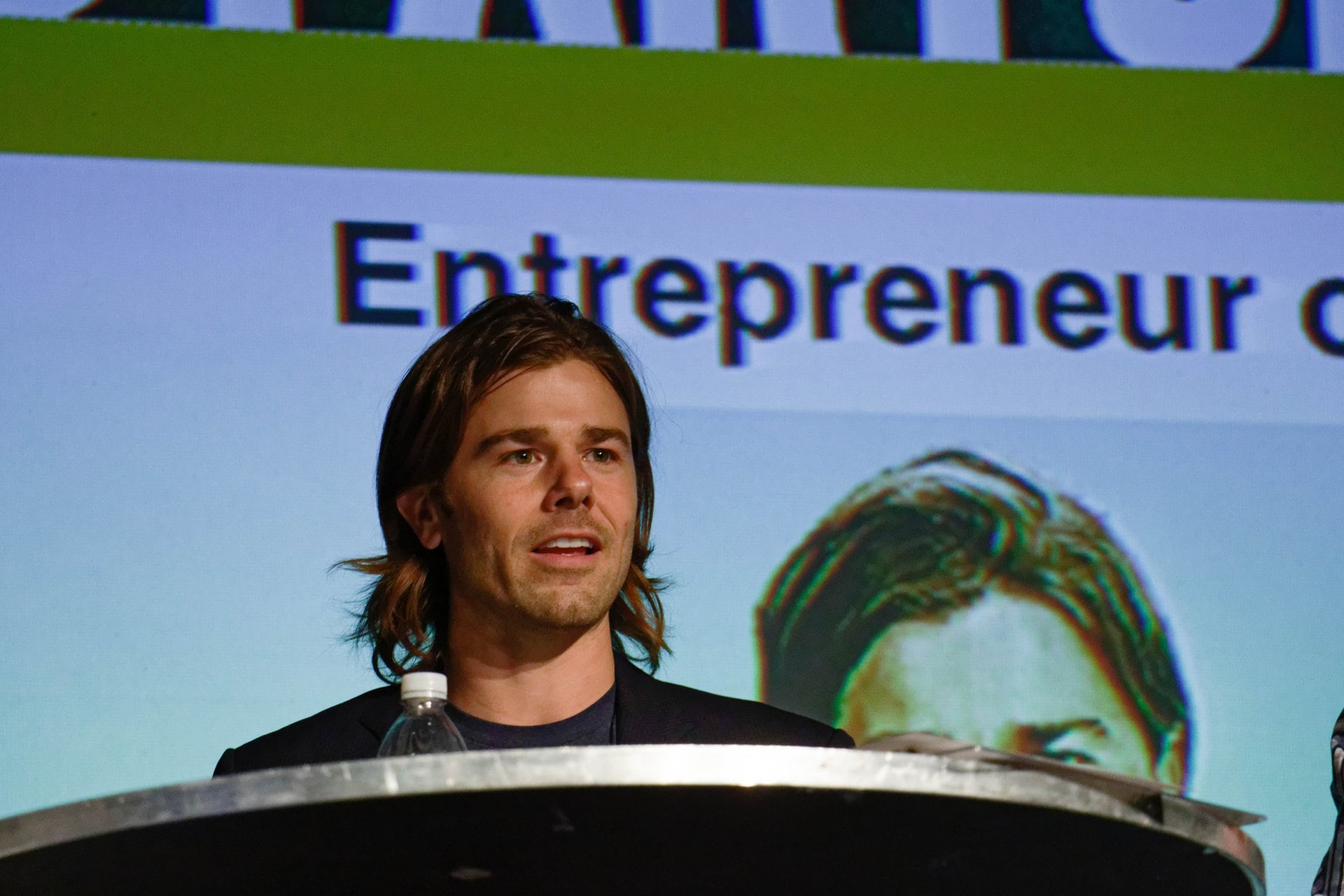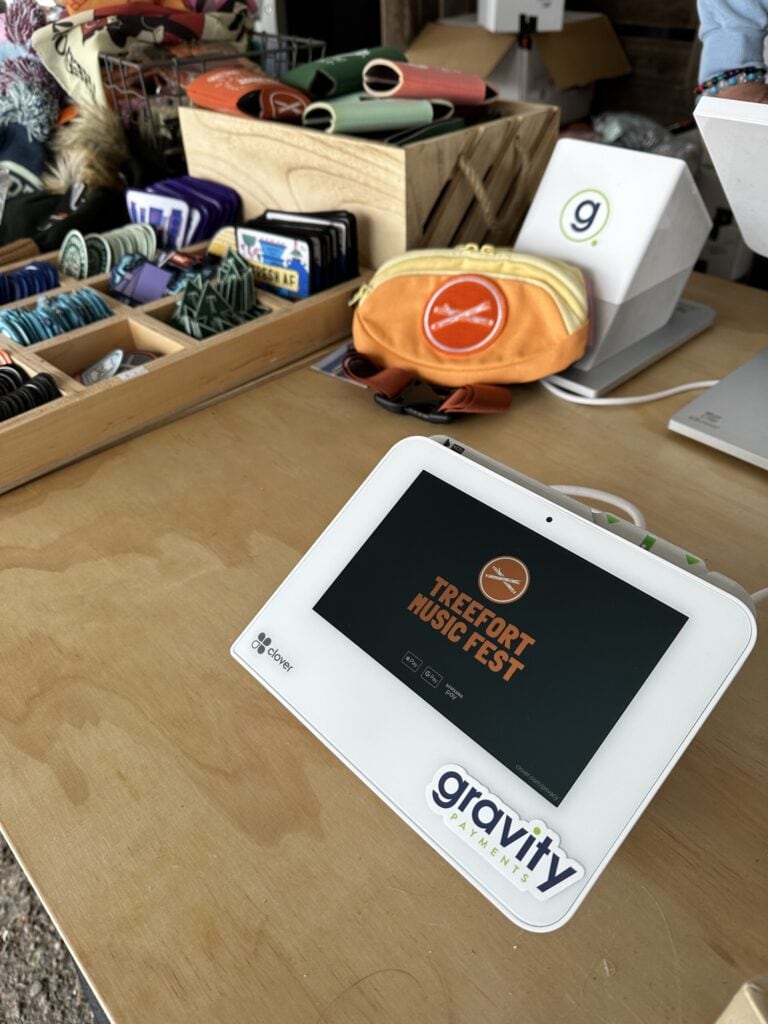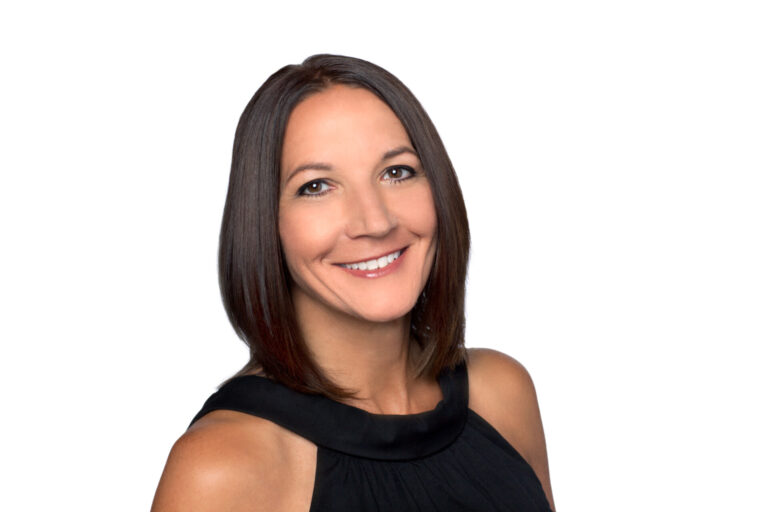Dan Price, CEO and founder of Gravity Payments, shocked everyone last Monday, including his 120 employees, when he announced that he would raise the minimum wage at his credit card processing firm to $70,000 a year.
Price says a series of moments over the past 12 years since starting the company culminated in a recent epiphany that led him to make this radical decision.
The first person Price hired started with a salary of $24,000 and no healthcare benefits.
“It was a pretty bad package, and I felt horrible about it,” Price tells Business Insider. “It was always eating away at me, and I promised myself that I would do the best I could to resolve that as soon as I could.”
Since Gravity’s maiden year, this original employee and others who joined the company have seen pay increases and healthcare benefits, but Price felt there was still room to do more.
In 2010, he read a study published by two Princeton researchers declaring the happiness tipping point to be roughly $75,000; the authors said anyone making much less would be prone to emotional pain and general dissatisfaction.
“That had a big impact on me,” Price says. So much so that he started crunching numbers, hoping to figure out a solution for his own employees.
While his company was doing much better than it was in its first year, the numbers didn’t quite add up to allow him to make any drastic internal changes to employee pay.
Get the Gravity newsletter for the latest FAQs, tools, tips and tricks
Three and a half weeks ago an aha moment inspired him to go back to the books.
He was hiking with a friend in Seattle, Washington. She started talking about how her rent would be increasing by a few hundred dollars a month, and she was trying to figure out how to make it all work financially.
“This is somebody who is just as smart as me, working just as hard as me,” Price says. “Here I am making a million dollars a year, while she’s just trying to figure out how to make ends meet.
“I thought, ‘I can sit here and think about it and talk about, or I can actually do something about it.'”Price spent the next couple of days trying to make the numbers work, and then talking to select coworkers, mentors, and family members about his plan to cut his own salary and use company profits in order to set a new minimum wage of $70,000 per year.
“I asked them if they thought I was insane. They said yes,” he says. “And then I asked them if I was making any mistakes on the math, and they said no. The math was right.”
In the two weeks between the hike and the day he announced the decision to his 120 employees, Price woke up with night terrors.
“I was scared of what I was about to do, but I was even more scared that I would change my mind or figure out that it couldn’t work,” he says. “This had been a burden that I had been carrying around on my shoulder for 12 years. I felt like I could finally overcome it, but I was worried that I wanted it to be true so badly that it was clouding my judgment.”
“When I finally announced it, it was a huge, huge relief,” he says.
Since the big announcement, he has received a cacophony of praise and skepticism. Price says he was surprised by the tremendous internal and external praise, and that the negative opinion is completely valid and touches on some of his major concerns.
“The naysayers are very helpful for us. We don’t care about the criticism, but we need to listen to them and make sure that what they bring up doesn’t happen,” he says. “An idea is only so good. You have to go out there and execute it. Now it’s up to me and my team to prove that this is the right idea and that this type of model could work.”




